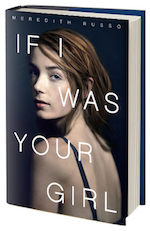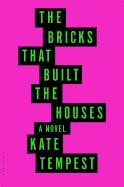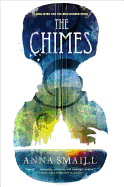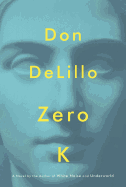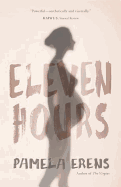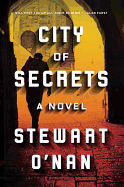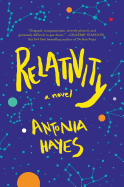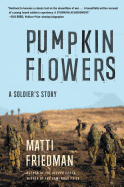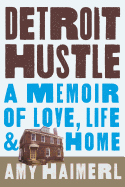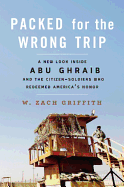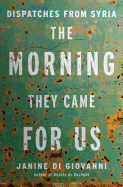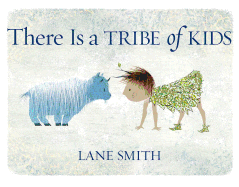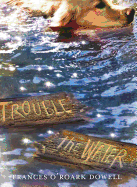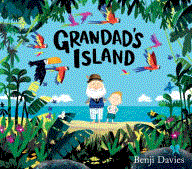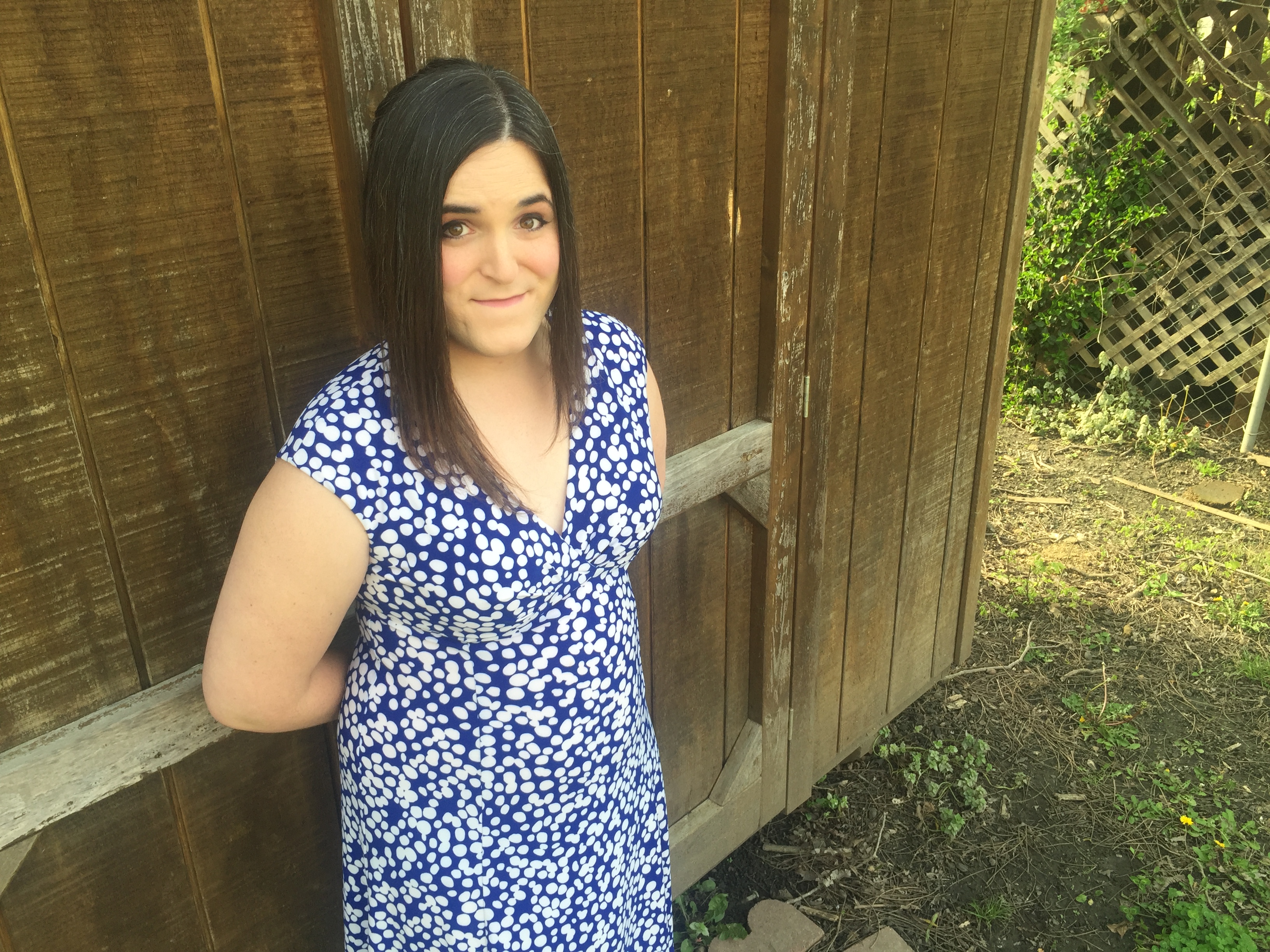 |
| photo: Anthony Travis |
Not until Meredith Russo was in her mid-20s did she finally begin "living as her true self." Russo--a transgender woman born and raised in Tennessee, and now the mother of two children--has an unforgettable, timely story to tell. Russo's protagonist in her debut teen novel, If I Was Your Girl (Flatiron, May 3, 2016) knows all too well the challenges of being transgender. High school senior Amanda Hardy has just moved to small-town Lambertville, Tenn., to make a fresh start and leave her painful former life behind. Falling in love was the last thing she ever expected. Russo talks to Shelf Awareness about anxiety, proud geekhood and a few inspiring books.
What was your original motivation to write If I Was Your Girl?
I was just beginning my transition when I started the book, and I wanted to write something about a trans girl as a way of processing my own feelings and anxieties. I also--and this is something I didn't realize until later--wanted to write the book I needed when I was a teen.
In your dedication you write, "For the boys and girls and those in between who feel alone and afraid, who feel like there's no way out, who feel like things can never be better than they are now." That is both sobering and inspiring... and also establishes a sense of universality to the story. Being alone and afraid seems to be a rite of passage for everyone and anyone on his/her/their way to maturity. Was establishing an immediate sense of "being normal" important for you?
Yes and no. I wanted Amanda to read to cis [those who identify with the gender they were assigned at birth] audiences as a "normal" girl, in the sense that she is a girl like any other, but I also thought it was important to keep her rough edges, her tics, her mental illness, her occasionally mean thoughts about other trans people--all of that. Then again, what's more "normal" than a truckload of anxieties and neuroses for a teenager?
What was the most difficult part of the writing process?
Filling in the blanks. I don't write in order, I write all the pieces in the story I find the most interesting, jumping around the timeline as my attention span warrants. The hardest part was definitely stringing my favorite scenes together.
What inspired your small-town Tennessee setting?
I spent a lot of my childhood in Rhea County, Tennessee, home of the Scopes Monkey Trial, and that's where most of the inspiration comes from. Lambertville isn't exactly a realistic take on the place, sadly, at least not in the way people react to Amanda at the end of the book.
How would you describe Amanda to someone who hasn't read If I Was Your Girl?
A lonely, neurotic, traumatized, yet also whip-smart, insightful and powerful trans girl who thinks all she wants from high school is survival.
What were some of the challenges you faced writing a teen romance?
I felt really anxious about writing the make-out scenes. I think the other major challenge is that I'm almost 30! I've been out of school for a decade. I went to a nontraditional high school, so I worried I was getting the high-school experience right.
Amanda's relationships with her mother and with her father are extremely different--at least initially. What inspired such divergent relationships?
I think, honestly, my own experience of living out masculinity and femininity. Amanda's mom is, at least emotionally, who I strive to be as a woman and a mother, while her dad is who I was afraid I would become as a father.
The novel is peppered with Star Wars/video games/anime references throughout--are you a secret geek, too?
Not secret! My favorite anime is Puella Magi Madoka Magica, I play Dungeons & Dragons every week, and I was at the premiere of The Force Awakens with a Star Wars shirt on. I'm a GIANT geek.
While you write in your author's note that Amanda "isn't real," you've also revealed how personal this story is for you. Now that the novel is about to be released, how do you feel about opening yourself up to such public scrutiny?
Terrified, really, both that cis people will laugh at me and that other trans people will reject me or not approve of what I've written.
I was especially intrigued by how you address your cisgender readers and trans readers separately in your author's note. By novel's end, do you think cisgender readers and trans readers will react differently?
Absolutely! Cis people tend to tell me, "This book was so eye-opening. This book made me think. This book opened my heart." Trans people tend to tell me that the book helped them feel less alone, or more hopeful, or just generally better understood.
In many ways, If I Was Your Girl is quite a groundbreaking novel. Books with trans protagonists are still a rarity. What advice might you offer a trans author struggling to get his/her/their story out in the world?
Sadly, I think, the most important thing right now is willingness to compromise. I didn't have to [compromise] very much because the people at Flatiron are all angels, and they let me include the author's note so I could address the few ways I did have to tweak things to make the novel work. But we're still in a place where cis people are coming to terms with the idea of trans people full stop. I mean, people find us fascinating, but the story du jour is still, like, The Danish Girl level of, "I am a boy who wants to be a girl, here is me transitioning, there's good odds I'll be dead or heartbroken at the end." Be brave, be you, tell your story, but also do your best to understand that there might be some stories the mainstream world won't be ready for until years down the line, which is sad, but at least things are improving.
How do you feel about the idea of being a role model/hero/inspiration for the trans community?
My feelings about it are pretty complicated. On the one hand I'm glad a trans woman can be in this position because I needed visible trans adults who weren't treated like jokes when I was young, but at the same time, it's me! I have never, ever considered myself a role model. I make a lot of bad decisions! But, still, I'm happy to be of service.
Are there any other books for young people that you would recommend for teens struggling with their gender identity?
Luna by Julie Anne Peters, Beautiful Music for Ugly Children by Kirstin Cronn-Mills, Wandering Son by Takako Shimura and George by Alex Gino.
Are there any books you've read--for kids or adults--that have influenced or shaped you, as a person, as a writer or both?
Nevada by Imogen Binnie and A Safe Girl to Love by Casey Plett are two of my favorite books of all time, anywhere, ever. Both writers are amazing, both are trans, and both books are about trans women. If I can ever be half the writer these two women are, I'll die happy.
And of course, the inevitable: What are you working on next?
I'm working on two books. One is another YA romance with a trans girl in it, and the other is a darker, adult investigation of being an early-20s trans burnout. I think that, after these two, I'll be done writing about trans characters for a little while.
Is there anything else you'd like to share with Shelf Awareness readers?
Just that I'm so, so honored to be included here! If anybody ever wants to reach out to me, I check my Twitter and e-mail religiously, and I'm not shy at all. --Terry Hong
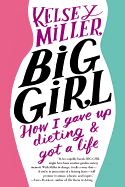 In her funny, enlightened memoir, Big Girl: How I Gave Up Dieting and Got a Life, Kelsey Miller comes to terms with--and works through--food challenges via "Intuitive Eating," a body-image strategy.
In her funny, enlightened memoir, Big Girl: How I Gave Up Dieting and Got a Life, Kelsey Miller comes to terms with--and works through--food challenges via "Intuitive Eating," a body-image strategy.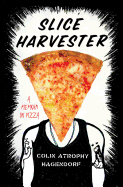 Cheese and pepperoni lovers will be eager to journey along with Colin Atrophy Hagendorf as he traverses Manhattan on a quest to eat a slice of pizza at every city pizzeria in Slice Harvester: A Memoir in Pizza.
Cheese and pepperoni lovers will be eager to journey along with Colin Atrophy Hagendorf as he traverses Manhattan on a quest to eat a slice of pizza at every city pizzeria in Slice Harvester: A Memoir in Pizza.


